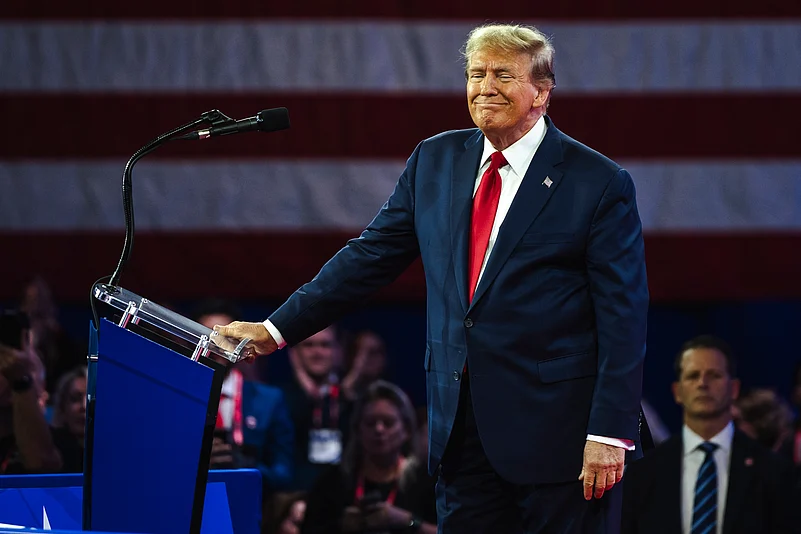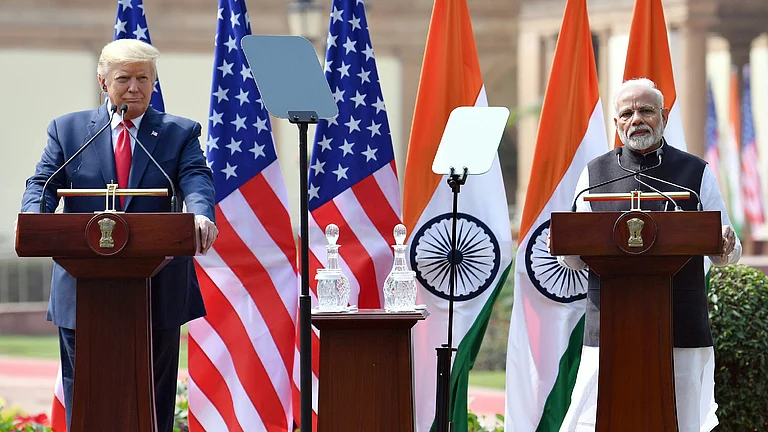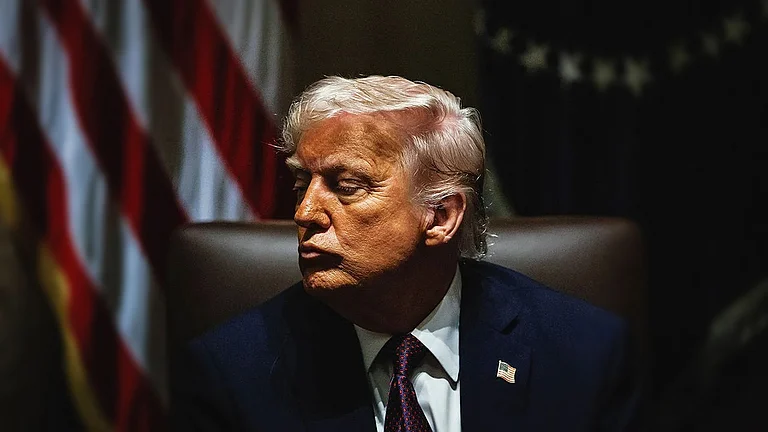The return of Donald Trump to the global stage is making companies think twice about their previously drawn plans. With a renewed pitch for 'Make America Great Again', US President-elect Trump is expected to implement policies prioritising business activities within the country's border.
Going by the campaign rhetoric, a steep hike in tariffs and a tough stance on immigration are on the table, which is set to significantly impact global trade and mobility. But in this increasingly intertwined world, companies are anxious about the impact the election may have on their relocation plans.
Crown Worldwide Group, a Hong Kong-based logistics company that relocates companies and their employees, is sensing the shift in clients' sentiments. Radha Iyer, Assistant General Manager—Crown Relocations, Crown Worldwide Group, says that there is palpable anxiety.
"Companies are in a wait-and-watch mode to assess the policy impact. Biden's administration policies were conducive to the mobility of talent in the last two or three years. We will have to wait and see what kind of changes come but firms are cautious right now," she notes.
The trend of companies moving bases out of their home country and shifiting across the world are picking up pace. The size of the global corporate relocation market stood at $17 billion at the end of 2023 and is expected to increase to $28 billion by 2030. The relocation could be due to a shifting of operations or a short-term assignment for a specific team based on a project.
Iyer explains that momentum in the market inched up in 2024 as the effects of the pandemic slowly waned out. The firm has seen a pick up in Indian companies sending talent and setting up operations outside the country. The United States, among other markets like South America and West Asia, has been an important destination for firms.
She explains, "Sectors where there is appetite to move operations abroad include health and pharma, retail fashion brands and tech. The trend of global firms setting base in India also stands out. Firms from US and Europe look at India favourably."
Could Trump change some equations? Companies are said to be assessing the possible scenario but there is a worry about the mobility of talent. The shift in global sentiment could increase the focus of firms on domestic operations instead.
"The role of people officers at global MNCs is going to be critical to assess implications for teams in the US," Iyer says.
S. Jain, an entrepreneur and advisor to Indian start-ups, agrees that there could be some impact of new Trump administration. He says, "Indian startups and IT firms may face hurdles, particularly concerning immigration policies. Trump's previous term saw stricter H-1B visa regulations, impacting the mobility of skilled Indian professionals. Similar policies this time around could make tech startups reconsider their U.S. expansion strategies and explore alternative markets."
Apart from the stringent measures on trade through tariffs, the Trump administration can go hard on visas used by immigrants. During the first tenure, the denial rate of H1B visas went up immediately after the inauguration. From 10 per cent in the financial year 2016, the rate went up to 24 per cent in the financial year 2018.
The policies of Trump 2.0 remain to be seen but companies are clearly bracing for some impact.
































